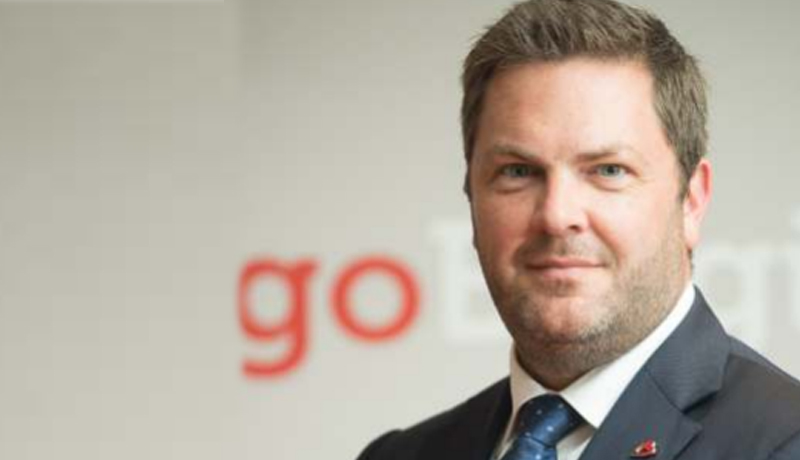TIACA Chairman finds comfort in mountain biking and a nice meal with family & friends
It’s not easy running an international trade organization while keeping your job at one of the busiest cargo airports in Europe, especially in challenging circumstances like now.
Steven Polmans, Chairman of The International Air Cargo Association (TIACA), who is also the Director for Cargo & Logistics at Brussels Airport, is no doubt a busy man with great responsibilities.
Taking time off from his busy schedule, Polmans who was also the first Chairman of BRUcargo, Brussels Airport’s cargo community, shared his thoughts with Air Cargo Update about the industry and a bit of his personal life.
“While a lot of my colleagues were home as part of a temporary unemployment plan, I did indeed have the feeling I was working harder than ever before in the past few weeks and months. Time flew by. But with the support of a great and dedicated cargo team at Brussels Airport, we managed to get things done. They supported me more than enough so
I could also spend the necessary time with TIACA,” Polmans said.
While the global crisis brought by the Coronavirus pandemic crippled many industries, air cargo is very much alive and busy transporting vital goods like medical supplies, food and pharmaceuticals. But it’s also facing challenges with the loss of belly capacity with many passenger flights were still grounded.
“This loss in capacity for air cargo needed us to be very creative and flexible in setting up new routes or increasing existing ones by full freighter or passenger aircraft operated as freighter. Making governments understand the challenges this is causing but also the importance of air cargo has been crucial,” the TIACA chairman explained, adding that their group has aligned with other organizations “to keep air cargo high on the agenda.”
“When we are talking about aviation, most people and associations start discussing the passenger side. It was and will be our job to make sure cargo remains high on everybody’s agenda as it is part of this larger ecosystem. Many are representing a part of the logistical chain, such as airlines or airports or forwarders. We unite them and we defend the air cargo industry in total. Nobody else does this,” he said.
With uncertainties still looming as to when the world will be back to normal, many questions are still lingering.
“First of all: How will passenger traffic grow again in the years to come? Because the growth of passenger traffic will bring us increased belly capacity to restore our network. Another big parameter will be the overall economy.
How will we come out of this crisis and how quickly will everything go back to normal? Slower economy will result in lower demand and need for air cargo. And other factors that come in place are, for example, near shoring, the focus on reducing dependency on too little countries or companies in your sourcing and supply chain, environment, etc.,” said Polmans.
Polmans finds comfort in simple things in life. “If you would ask my loved ones, you would probably get a reply there is no time where I am not busy. Therefore, no long list of hobbies and activities for me. When not working, I like to relax. Do the day- to-day stuff at home, enjoy life with friends and family and preferably a nice meal or, in summer, a great barbeque, do some reading or catch up on some movies or series.”
Polmans did a lot of group sports in the past, but that disappeared with his constant traveling and busy schedule; he now bikes on a regular basis to keep fit and healthy.
“Sport disappeared from the agenda. But since a few years ago, I have been trying to jump on my mountain bike on a regular basis to keep the physical condition to a certain minimum level,” he said.
And when things go bad, Polmans opts to stay positive. “Where others see problems, I often see challenges and opportunities. It keeps me going and motivated. That, in combination with a great team of people I work with, makes these “troubled times” interesting, as difficult the situation sometimes is or might be.”










